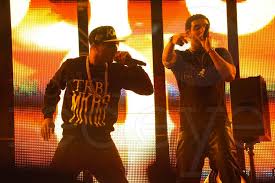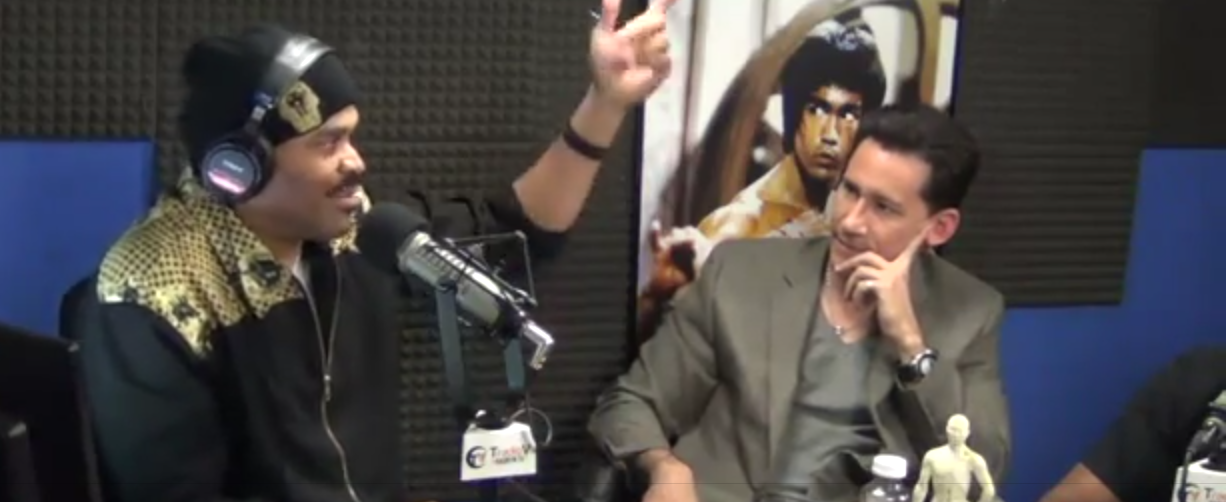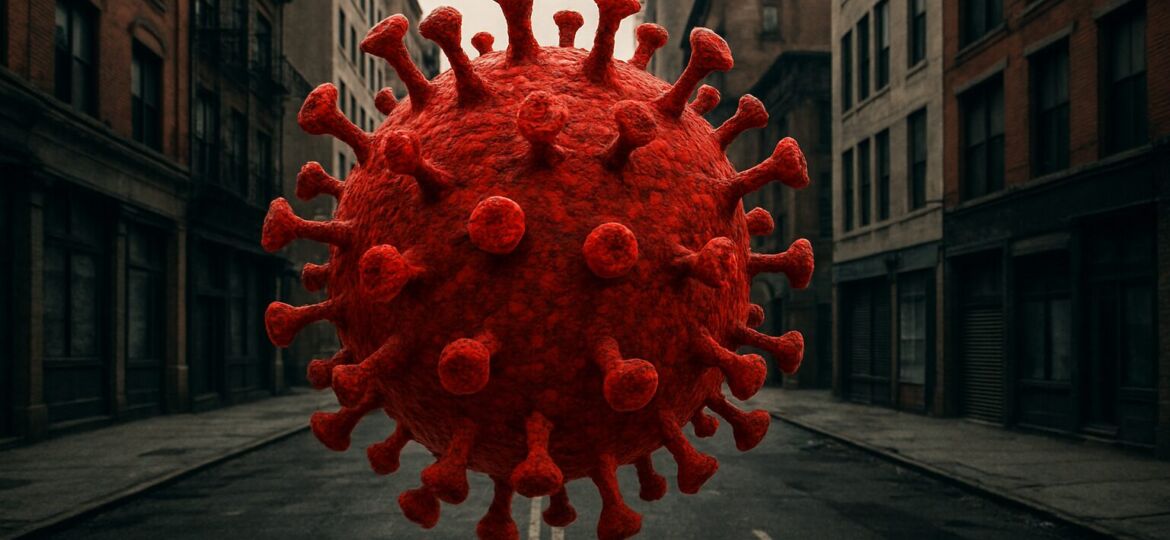
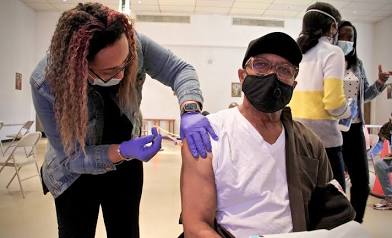
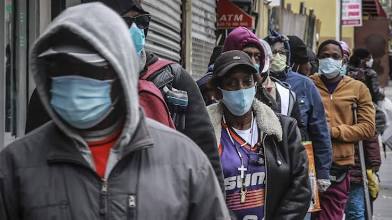 COVID-19: The Beat That Changed the COVID-19: The Beat That Changed the World
COVID-19: The Beat That Changed the COVID-19: The Beat That Changed the World
In hip hop, every generation has its defining moment — a shift in the rhythm that forces the culture to adjust. For the early ’80s, it was the birth of the movement. For the ’90s, it was the era of “keep it real.” For the 2020s, like it or not, it’s COVID-19 — a virus that became a global hook we couldn’t skip, whether we believed in it or
World
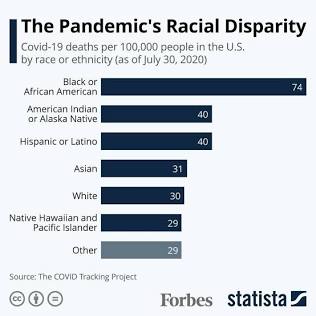
In hip hop, every generation has its defining moment — a shift in the rhythm that forces the culture to adjust. For the early ’80s, it was the birth of the movement. For the ’90s, it was the era of “keep it real.” For the 2020s, like it or not, it’s COVID-19 — a virus that became a global hook we couldn’t skip, whether we believed in it or not.
From the jump, COVID-19 sparked more debates than a rap battle. Some people saw it as a legit public health crisis, others viewed it as a government-produced track with hidden verses we weren’t supposed to hear. Was it exaggerated to control the masses? Was it a hoax to shift economies and political agendas? In barbershops, on IG Live, and at kitchen tables, the conversation often leaned toward suspicion — especially in communities already used to being played by systems that claim to serve them.
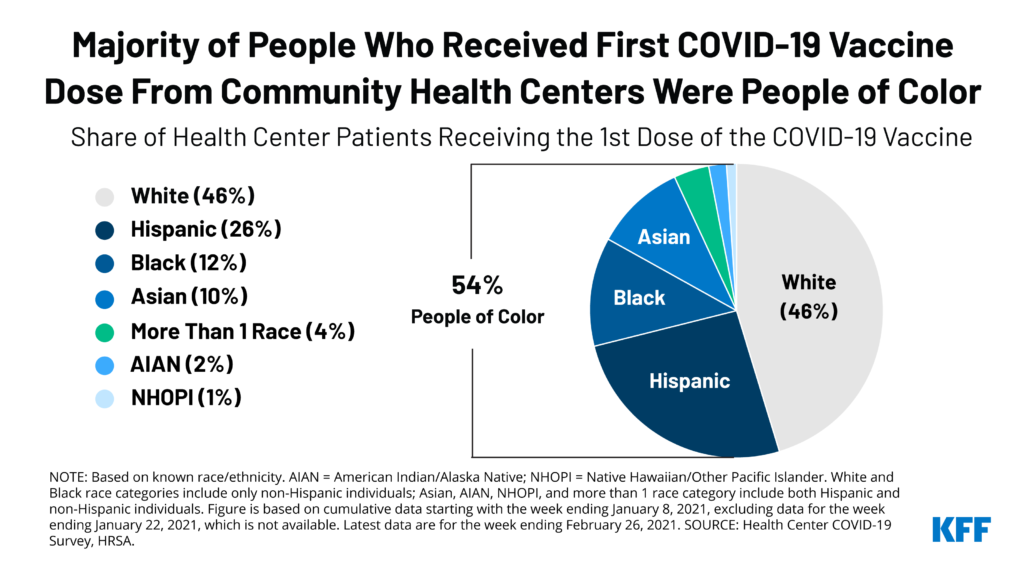 But here’s the truth: whatever you believe about the origins or the government’s handling, the impact has been real. The beat dropped, and life changed.
But here’s the truth: whatever you believe about the origins or the government’s handling, the impact has been real. The beat dropped, and life changed.
For the Black community, COVID-19 hit like a diss track that cut deep. Health disparities meant we were already walking into the pandemic with less protection — higher rates of underlying conditions, less access to quality healthcare, and jobs that didn’t allow us to just “work from home.” It’s one thing to be told to social distance; it’s another when you’re on the frontlines stocking shelves, delivering packages, or caring for patients while the risk follows you home.
Economically, the hit was heavy too. Small Black-owned businesses struggled to survive when foot traffic dried up. Artists couldn’t tour. Events that usually brought money and unity into neighborhoods vanished. Churches — a spiritual backbone for many — closed their doors, forcing faith to find a digital lane. Even the mourning process changed, with funerals reduced to livestreams.
 Socially, COVID-19 exposed cracks in the foundation. Some of us found new ways to connect, collaborate, and create despite the distance. Others fell into isolation, mental health challenges, and financial instability. And the debate over vaccines added another layer of division in a community that already had trust issues with the medical system.
Socially, COVID-19 exposed cracks in the foundation. Some of us found new ways to connect, collaborate, and create despite the distance. Others fell into isolation, mental health challenges, and financial instability. And the debate over vaccines added another layer of division in a community that already had trust issues with the medical system.
Hip hop has always thrived in adversity, though. In true form, artists dropped pandemic-inspired tracks, virtual shows, and community initiatives to keep hope alive. From Verzuz battles to rappers feeding neighborhoods, the culture showed that even in the middle of chaos, we can still make something worth listening to.
Whether you see COVID-19 as a straight-up threat or a government-produced remix of fear and control, there’s no denying its influence on our lives. Like a beat you can’t turn off, it’s been in the background of everything for years now — changing the way we work, connect, and look at each other.
The real question is: what’s the next track we’re going to write as a people? Will we use this moment to demand better healthcare access, economic opportunities, and community unity? Or will we let the pandemic be just another verse in the long story of being underserved and overlooked?
One thing’s certain — in hip hop and in life, we don’t just survive the beat. We flip it, remix it, and make it our own.
![Blaq Whole [dat calm]](https://blaqwhole.com/wp-content/uploads/thegem/logos/logo_b260fdfc18f09f0d2bb1c50e3cb96066_1x.png)
![Blaq Whole [dat calm]](https://blaqwhole.com/wp-content/uploads/thegem/logos/logo_edcc53779c1932fa632ecd6e6639995f_1x.jpg)


